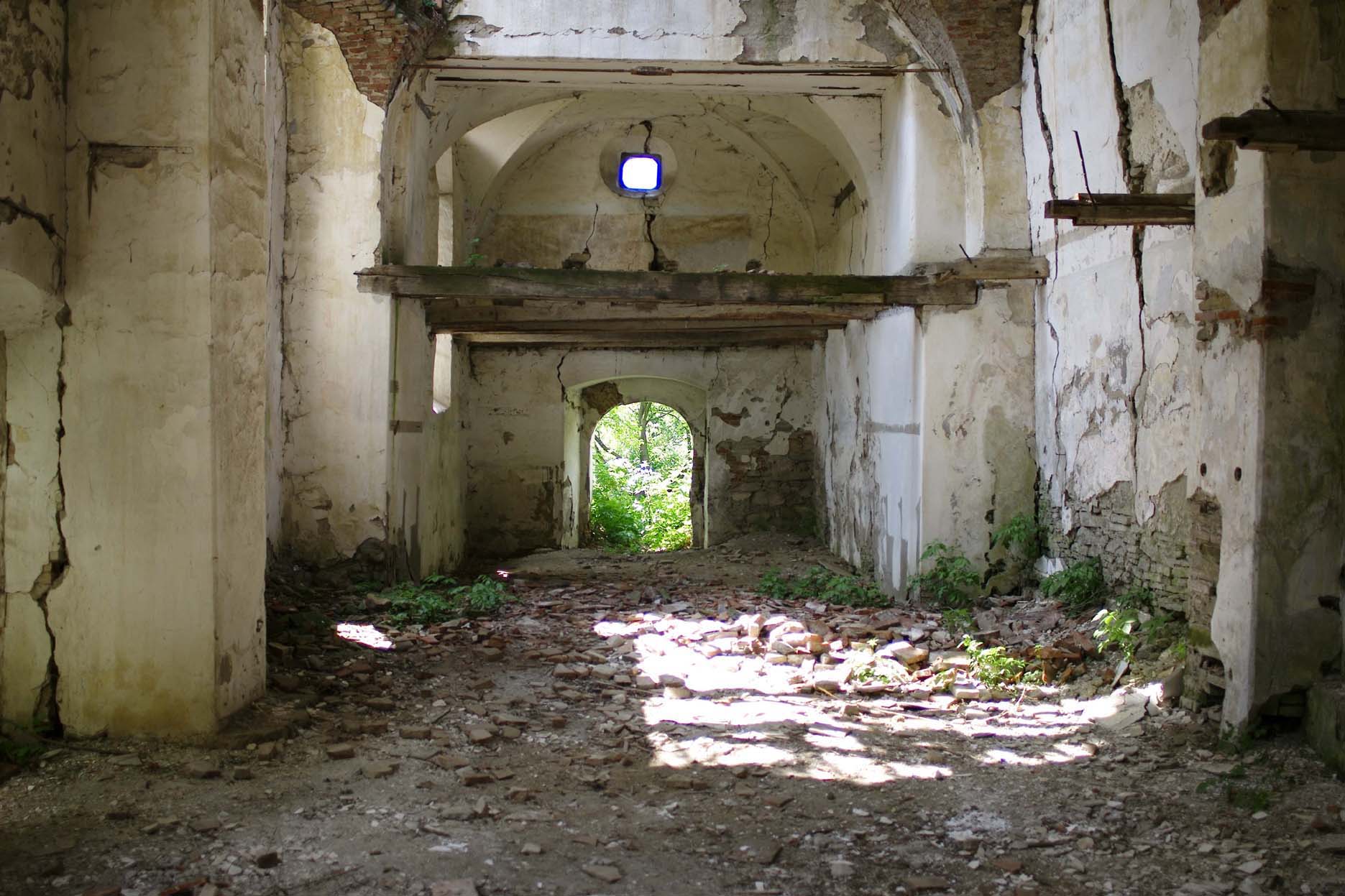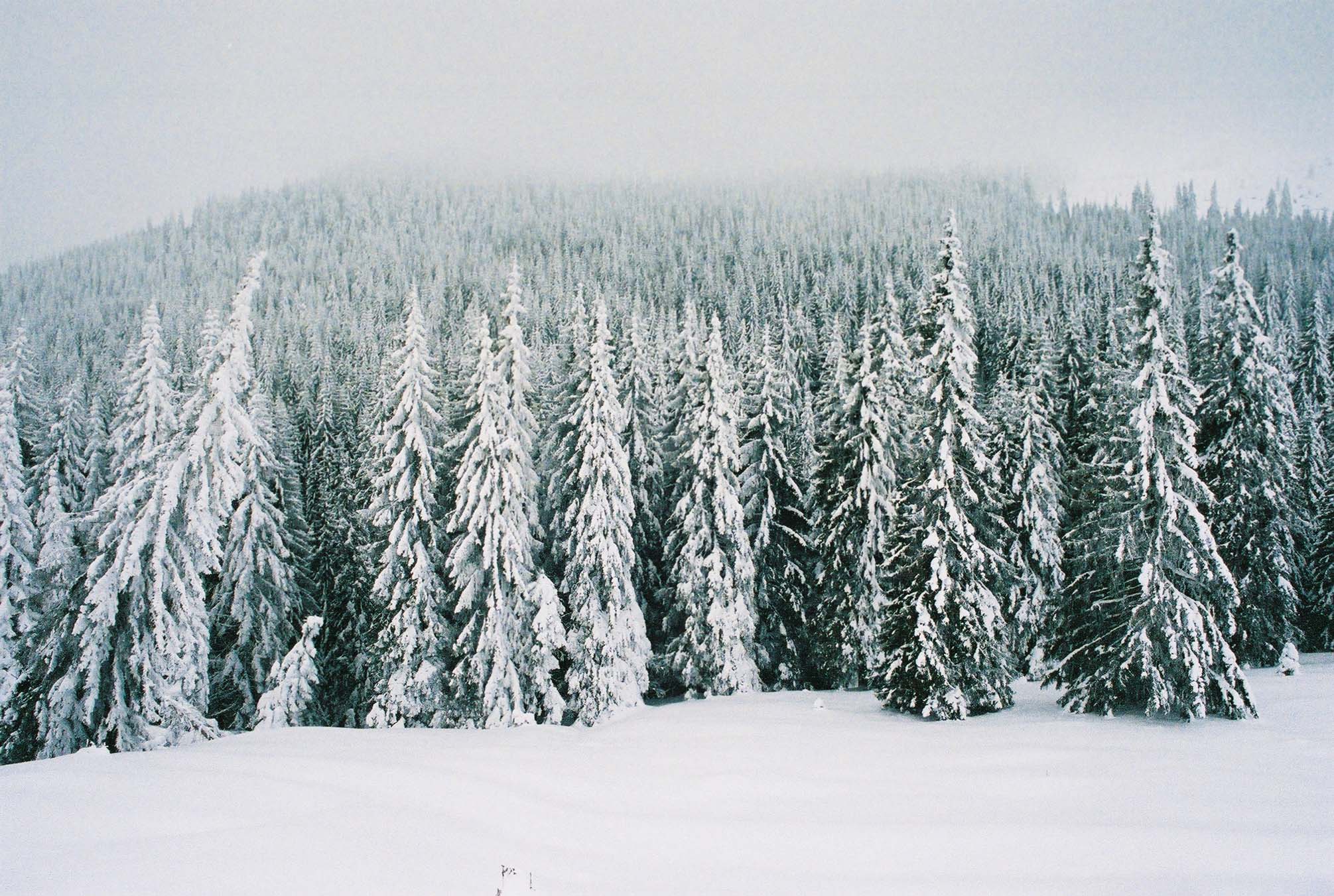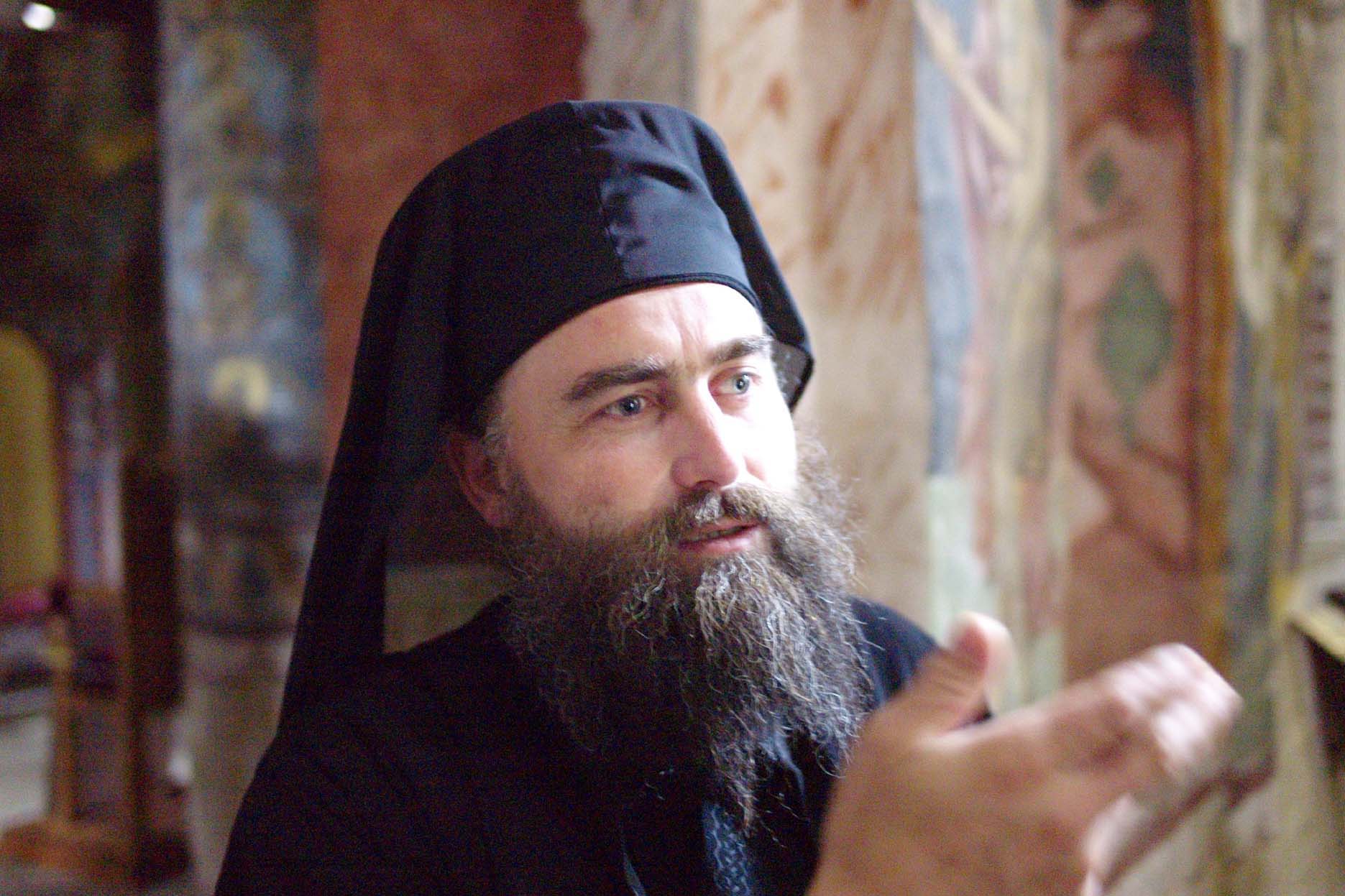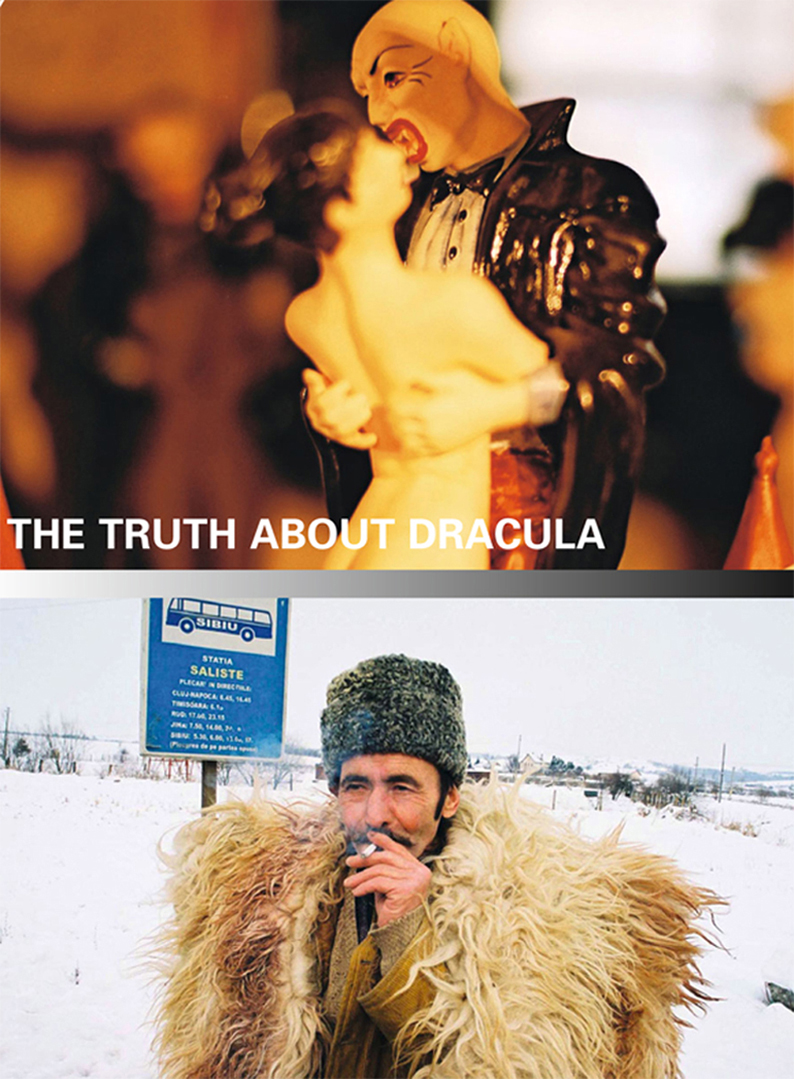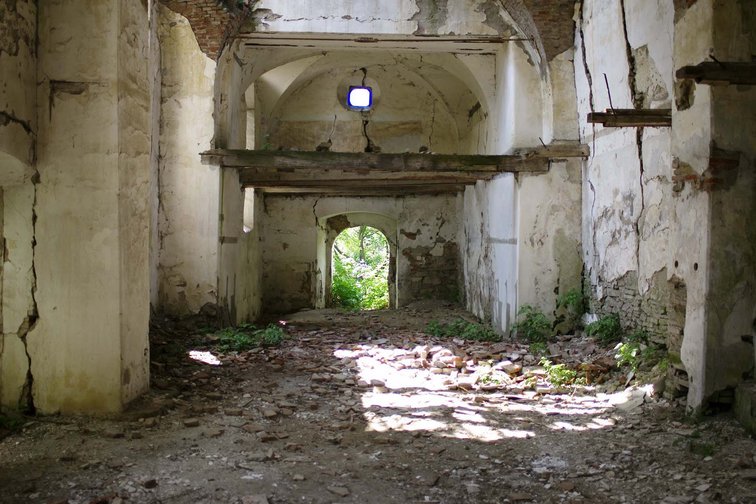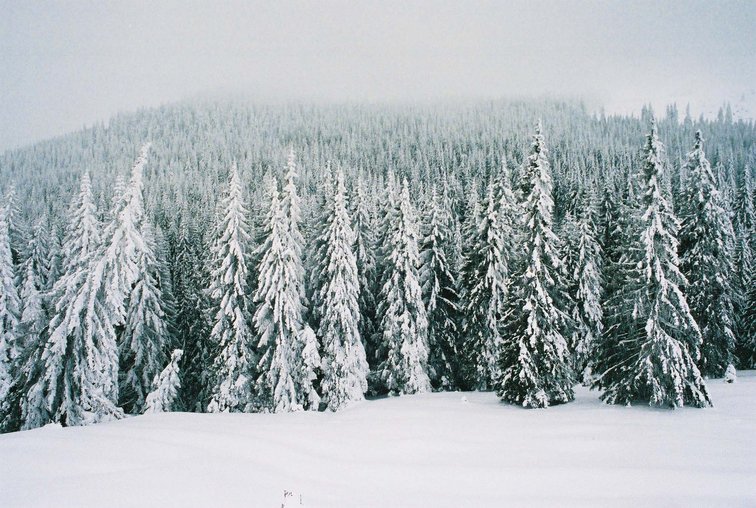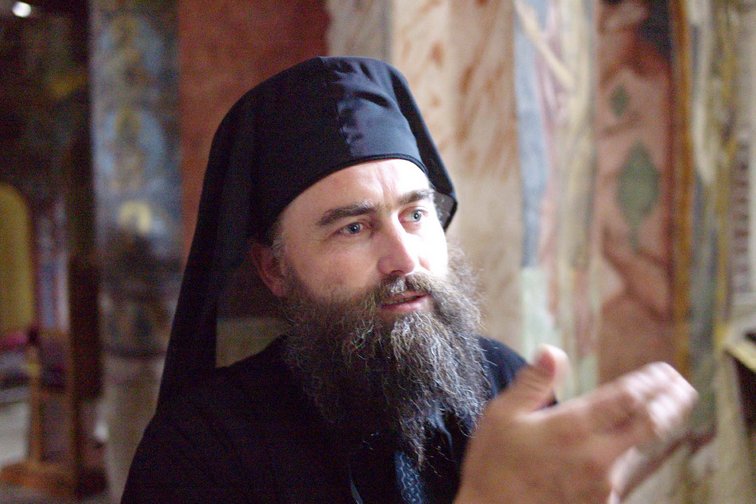- Current Line-Up
- Comedy
- Animation
- Documentary
- Drama
- Family Entertainment
- Thriller
- Upcoming
- Festival-Highlights
- Factual Entertainment
- Family Entertainment
- Fiction
- Lifestyle
- Scripted Reality
- Show
- Current Affairs
- Culture/Travel
- Docudrama
- HD Content
- Health/Food
- History
- Human Interest
- Market Premiere
- Nature/Wildlife
- Portrait
- Religion
- Science
- Market Premiere
- Series
- Action/Adventure
- Thriller/Crime
- Drama
- Mini Series
- Event Movie
- Comedy
- Romance
- Family Entertainment
- Animation
- Movie Collection
- Feature Film
- HD Content
- Fiction English
- Feature Classic
- No linguistic content
- Common
- German
- English
- French
- Spanish
- Italian
- Turkish
- All
- Abkhazian
- Achinese
- Acoli
- Adangme
- Adygei
- Adyghe
- Afar
- Afrihili
- Afrikaans
- Afro-Asiatic (Other)
- Ainu
- Akan
- Akkadian
- Albanian
- Alemannic
- Aleut
- Algonquian languages
- Altaic (Other)
- Amharic
- Angika
- Apache languages
- Arabic
- Aragonese
- Arapaho
- Arawak
- Armenian
- Aromanian
- Artificial (Other)
- Arumanian
- Assamese
- Asturian
- Athapascan languages
- Australian languages
- Austronesian (Other)
- Avaric
- Avestan
- Awadhi
- Aymara
- Azerbaijani
- Bable
- Balinese
- Baltic (Other)
- Baluchi
- Bambara
- Bamileke languages
- Banda languages
- Bantu (Other)
- Basa
- Bashkir
- Basque
- Batak languages
- Beja
- Belarusian
- Bemba
- Bengali
- Berber (Other)
- Bhojpuri
- Bihari
- Bikol
- Bilin/Blin
- Bini/Edo
- Bislama
- Blin
- Bokmål, Norwegian
- Bosnian
- Braj
- Breton
- Buginese
- Bulgarian
- Buriat
- Burmese
- Caddo
- Cantonese
- Catalan
- Caucasian (Other)
- Cebuano
- Celtic (Other)
- Central American Indian (Other)
- Chagatai
- Chamic languages
- Chamorro
- Chechen
- Cherokee
- Chewa
- Cheyenne
- Chibcha
- Chichewa
- Chinese
- Chinook jargon
- Chipewyan
- Choctaw
- Chuang
- Church Slavic
- Church Slavonic
- Chuukese
- Chuvash
- Classical Nepal Bhasa
- Classical Newari
- Classical Syriac
- Cook Islands Maori
- Coptic
- Cornish
- Corsican
- Cree
- Creek
- Creoles and pidgins (Other)
- Creoles and pidgins, English based (Other)
- Creoles and pidgins, French-based (Other)
- Creoles and pidgins, Portuguese-based (Other)
- Crimean Tatar
- Crimean Turkish
- Croatian
- Cushitic (Other)
- Czech
- Dakota
- Danish
- Dargwa
- Delaware
- Dhivehi
- Dimili
- Dimli
- Dinka
- Divehi
- Dogri
- Dogrib
- Dravidian (Other)
- Duala
- Dutch
- Dutch, Middle (ca.1050-1350)
- Dyula
- Dzongkha
- Eastern Frisian
- Edo
- Efik
- Egyptian (Ancient)
- Ekajuk
- Elamite
- English, Middle (1100-1500)
- English, Old (ca.450-1100)
- Erzya
- Esperanto
- Estonian
- Ewe
- Ewondo
- Fang
- Fanti
- Faroese
- Fijian
- Filipino
- Finnish
- Finno-Ugrian (Other)
- Flemish
- Fon
- French (Canadian)
- French (Parisian)
- French, Middle (ca.1400-1600)
- French, Old (842-ca.1400)
- Friulian
- Fulah
- Ga
- Gaelic
- Galibi Carib
- Galician
- Ganda
- Gayo
- Gbaya
- Geez
- Georgian
- German, Low
- German, Middle High (ca.1050-1500)
- German, Old High (ca.750-1050)
- Germanic (Other)
- Gikuyu
- Gilbertese
- Gondi
- Gorontalo
- Gothic
- Grebo
- Greek
- Greek, Ancient (to 1453)
- Greenlandic
- Guarani
- Gujarati
- Gwich'in
- Haida
- Haitian
- Haitian Creole
- Hausa
- Hawaiian
- Hebrew
- Herero
- Hiligaynon
- Himachali
- Hindi
- Hiri Motu
- Hittite
- Hmong
- Hungarian
- Hupa
- Iban
- Icelandic
- Ido
- Igbo
- Ijo languages
- Iloko
- Imperial Aramaic (700-300 BCE)
- Inari Sami
- Indic (Other)
- Indo-European (Other)
- Indonesian
- Ingush
- Interlingua
- Interlingue
- Inuktitut
- Inupiaq
- Iranian (Other)
- Irish
- Irish, Middle (900-1200)
- Irish, Old (to 900)
- Iroquoian languages
- Japanese
- Javanese
- Jingpho
- Judeo-Arabic
- Judeo-Persian
- Kabardian
- Kabyle
- Kachin
- Kalaallisut
- Kalmyk
- Kamba
- Kannada
- Kanuri
- Kara-Kalpak
- Karachay-Balkar
- Karelian
- Karen languages
- Kashmiri
- Kashubian
- Kawi
- Kazakh
- Khasi
- Khmer (Cambodian)
- Khoisan (Other)
- Khotanese
- Kikuyu
- Kimbundu
- Kinyarwanda
- Kirdki
- Kirghiz
- Kirmanjki
- Klingon
- Komi
- Kongo
- Konkani
- Korean
- Kosraean
- Kpelle
- Kru languages
- Kuanyama
- Kumyk
- Kurdish
- Kurukh
- Kutenai
- Kwanyama
- Kyrgyz
- Ladino
- Lahnda
- Lamba
- Land Dayak languages
- Lao
- Latin
- Latvian
- Lezghian
- Limburgan
- Limburger
- Limburgish
- Lingala
- Lithuanian
- Lojban
- Low German
- Low Saxon
- Lower Sorbian
- Lozi
- Luba-Katanga
- Luba-Lulua
- Luiseno
- Lule Sami
- Lunda
- Luo (Kenya and Tanzania)
- Lushai
- Luxembourgish
- Macedo-Romanian
- Macedonian
- Madurese
- Magahi
- Maithili
- Makasar
- Malagasy
- Malay
- Malayalam
- Maldivian
- Maltese
- Manchu
- Mandar
- Mandarin
- Mandingo
- Manipuri
- Manobo languages
- Manx
- Maori
- Mapuche
- Mapudungun
- Marathi
- Mari
- Marshallese
- Marwari
- Masai
- Mayan languages
- Mende
- Mi'kmaq
- Micmac
- Minangkabau
- Mirandese
- Mohawk
- Moksha
- Moldavian
- Mon-Khmer (Other)
- Mongo
- Mongolian
- Mossi
- Multiple languages
- Munda languages
- N'Ko
- Nahuatl languages
- Nauru
- Navaho
- Navajo
- Ndebele, North
- Ndebele, South
- Ndonga
- Neapolitan
- Nepal Bhasa
- Nepali
- Newari
- Nias
- Niger-Kordofanian (Other)
- Nilo-Saharan (Other)
- Niuean
- Nogai
- Norse, Old
- North American Indian
- North Ndebele
- Northern Frisian
- Northern Sami
- Northern Sotho
- Norwegian
- Norwegian Bokmål
- Norwegian Nynorsk
- Nubian languages
- Nyamwezi
- Nyanja
- Nyankole
- Nynorsk, Norwegian
- Nyoro
- Nzima
- Occitan (post 1500)
- Official Aramaic (700-300 BCE)
- Oirat
- Ojibwa
- Old Bulgarian
- Old Church Slavonic
- Old Newari
- Old Slavonic
- Oriya
- Oromo
- Osage
- Ossetian
- Ossetic
- Otomian languages
- Pahlavi
- Palauan
- Pali
- Pampanga
- Pangasinan
- Panjabi
- Papiamento
- Papuan (Other)
- Pedi
- Persian
- Persian, Old (ca.600-400 B.C.)
- Philippine (Other)
- Phoenician
- Pilipino
- Pohnpeian
- Polish
- Portuguese
- Portuguese (Brazilian)
- Prakrit languages
- Provençal
- Provençal, Old (to 1500)
- Punjabi
- Pushto
- Quechua
- Rajasthani
- Rapanui
- Rarotongan
- Reserved for local use
- Romance (Other)
- Romanian
- Romansh
- Romany
- Rundi
- Russian
- Salishan languages
- Samaritan Aramaic
- Sami languages (Other)
- Samoan
- Sandawe
- Sango
- Sanskrit
- Santali
- Sardinian
- Sasak
- Saxon, Low
- Scots
- Scottish Gaelic
- Selkup
- Semitic (Other)
- Sepedi
- Serbian
- Serbo-Croatian
- Serer
- Shan
- Shona
- Sichuan Yi
- Sicilian
- Sidamo
- Sign Languages
- Siksika
- Sindhi
- Sinhala
- Sinhalese
- Sino-Tibetan (Other)
- Siouan languages
- Skolt Sami
- Slave (Athapascan)
- Slavic (Other)
- Slovak
- Slovenian
- Sogdian
- Somali
- Songhai languages
- Soninke
- Sorbian languages
- Sotho, Northern
- Sotho, Southern
- South American Indian (Other)
- South Ndebele
- Southern Altai
- Southern Sami
- Spanish (Castilian)
- Spanish (Latin American)
- Sranan Tongo
- Sukuma
- Sumerian
- Sundanese
- Susu
- Swahili
- Swati
- Swedish
- Swiss German
- Syriac
- Tagalog
- Tahitian
- Tai (Other)
- Taiwanese
- Tajik
- Tamashek
- Tamil
- Tatar
- Telugu
- Tereno
- Tetum
- Thai
- Tibetan
- Tigre
- Tigrinya
- Timne
- Tiv
- Tlingit
- Tok Pisin
- Tokelau
- Tonga (Nyasa)
- Tonga (Tonga Islands)
- Tsimshian
- Tsonga
- Tswana
- Tumbuka
- Tupi languages
- Turkish, Ottoman (1500-1928)
- Turkmen
- Tuvalu
- Tuvinian
- Twi
- Udmurt
- Ugaritic
- Uighur
- Ukrainian
- Umbundu
- Uncoded languages
- Undetermined
- Upper Sorbian
- Urdu
- Uyghur
- Uzbek
- Vai
- Valencian
- Venda
- Vietnamese
- Volapük
- Votic
- Wakashan languages
- Walamo
- Walloon
- Waray
- Washo
- Welsh
- Western Frisian
- Wolof
- Xhosa
- Yakut
- Yao
- Yapese
- Yiddish
- Yoruba
- Yugoslavian
- Yupik languages
- Zande languages
- Zapotec
- Zaza
- Zazaki
- Zenaga
- Zhuang
- Zulu
- Zuni
- tlhIngan-Hol
The Truth about Dracula
Stanislaw Mucha / History, Culture/Tradition/Anthropology/Ethnic studies, Reality
Romanian [OV], German [OV], German [ST], English [ST], French [OV]
01h22h00h00 min
The Truth about Dracula
He's
the most famous vampire in the world. When Bram Stoker wrote DRACULA in 1897,
people in Romania
didn't think much about their former ruler Vlad Tepes (Count Dracula, b. 1431).
But when the book became world-famous, the locals were quick to turn the myth
into a cottage industry and tourist attraction.
The
doc sets out in search of Dracula and his followers: in everyday life,
religion, music, folklore, nature, and pantries filled with garlic. Romania may be the most God-forsaken and
God-fearing country in Europe. Countless
slogans abound like "Blood is the only true life" and "There are many vampires
sucking the world dry, but Romania
had the first". Where the villages are empty and the graveyards are full, where
nature is wild, rugged and beautiful. The filmmakers take us on an entertaining
jaunt through the impoverished, pristine country, which almost pines for a strong
leader like Vlad the Impaler, ravished by corruption and intractable problems
as it is - infamous dictator Nicolae Ceausescu even fancied himself in the
tradition of Vlad. Add to that the tale of the end of Germans in Romania,
after a thousand years' history, vanished within a year after the fall of the
Iron Curtain. A mythic, mirthful, melancholy meandering through Transylvania, the land beyond the woods, which dares to
ask the question: Was Dracula one of the good guys?
Er ist der berühmteste Vampir der Welt. Als Bram Stoker 1897 den Roman DRACULA schrieb, haben sich die Rumänen wenig um ihren einstigen Herrscher Vlad Tepes (Graf Dracula, * 1431) geschert. Als der Roman jedoch ein Bestseller wurde, machten die Rumänen schnell einen Exportschlager aus dem Mythos. Der Film begibt sich auf die Suche nach Dracula und seinen Anhängern: im Alltag, in Religion, Musik, Folklore, Natur und in Speisekammern, die mit Knoblauch behängt sind. Rumänien ist das wohl gottverlassenste und zugleich gottgläubigste Land Europas, wo unzählige Werbeslogans verlauten lassen, dass "Blut das einzig wahre Leben" sei und dass "es viele Draculas gibt, die der Welt das Blut aussaugen, aber das Original nur in Rumänien zu finden ist". Und zwar genau da, wo die Dörfer leer und die Friedhöfe voll sind, wo die Natur wunderschön und extrem ist. Der Film begibt sich auf eine unterhaltsame Reise durch dieses gebeutelte Land voll wilder Schönheit, das so gern einen Führer hätte wie einst Dracula, denn die Korruption ist groß, und die Probleme sind es auch. Die Reise folgt den Spuren von Vlad Tepes, dem Ur-Dracula, als dessen genuinen Nachfolger sich Diktator Ceausescu gerne gesehen hätte. Erzählt wird auch vom Untergang der Deutschen in Rumänien nach über tausendjähriger Geschichte - in einem einzigen Sommer nach dem Fall des Eisernen Vorhangs. Eine sagenumwobene, amüsante und zugleich melancholische Reise, an deren Schluss die Frage steht: Müssen wir Dracula nun zu den Guten zählen?
In competition at Montréal World Film Festival 2010
Also available in a 56 min version (ENG/GER)
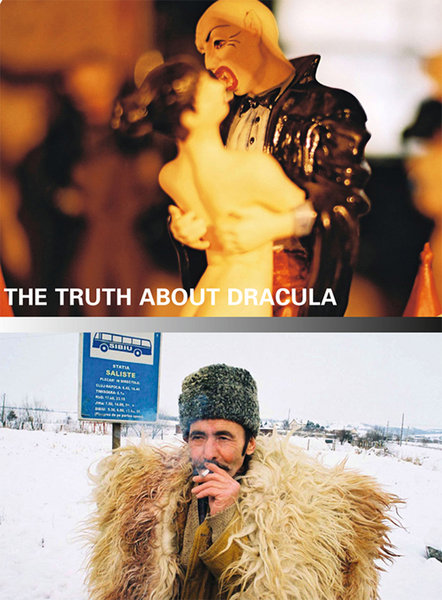
Key Information
| Original Title | Die Wahrheit über Dracula |
| Genre |
History Culture/Tradition/Anthropology/Ethnic studies Reality |
| Produced by: | U5 Filmproduktion GmbH & Co KG |
| Year Of Production | 2010 |
| Duration | 01h22h00h00 min |
| Country Of Origin | Germany |
| Language Versions | Romanian [OV], German [OV], German [SUB TITLE], English [SUB TITLE], French [OV] |
Cast & Crew
| Director/s | Stanislaw Mucha |
| Cast | |
| Producer/s | |
| Writer/s |

